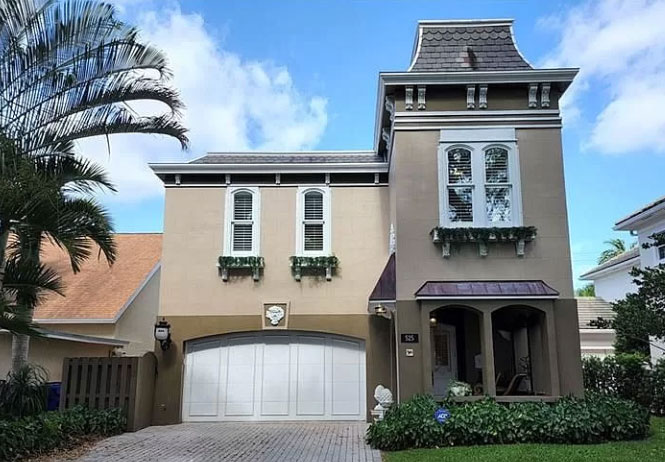
An EMD or “earnest money deposit” is commonly known as a “good faith deposit” and represents the buyer’s good intentions towards buying a home. This ensures the seller that an individual is serious about buying their home. This gives the buyer additional time to get financed as well as conduct an appraisal, home inspection and title search prior to closing. In many ways, this can be considered the down payment on a home or an escrow deposit.
How does an EMD differ from Closing Costs and a Down Payment?
There are several significant differences between an earnest money deposit, the down payment, and closing costs as follows:
- EMD – an upfront deposit made at the beginning of the home purchasing process and deposited in an escrow account
- Down payment – used in conjunction with the home loan, the down payment helps to determine the amount to be financed. In other words, a larger down payment results in a smaller loan amount and vice versa. Thus, you’d be able to save more.
- Closing costs – the costs involved in the home purchasing process, including:
- appraisal fees
- credit reporting charges
- deed recording fees
- discount points
- loan origination fees
- surveys
- taxes
- title insurance
- title searches
Earnest money is often delivered at the signing of the purchase agreement or sales contract. However, it can also be included with the buyer’s offer on the home. Once these funds are deposited, they are normally held in an escrow account up until it’s time to close. At that point in time, the funds are applied to the buyer’s closing costs and down payment. The process is simple and easy.
Can an EMD Be Refunded if the Purchase Falls through?
If you’re wondering whether these funds can be refunded if something in the contract goes wrong and the sale falls through, this depends on the situation as these funds aren’t always refundable. For instance, if the buyer doesn’t meet the timeline specified in the contract or decides against purchasing the home because certain contingencies weren’t listed in the sales contract, the seller can keep the funds. The money will also be forfeited if the buyer has a change of heart and decides not to buy the home. Thus, it is important to understand the whole process and when your money will be forfeited and when it can be refunded.
At Florida State Mortgage, we make the home buying process streamlined without having any unnecessary hassles added to the process. Why not see how easy and stress-free buying a home can be by contacting Florida State Mortgage Group, Inc. today at (954) 359-3000!
Do you know how much home you can afford?
Most people don’t... Find out in 10 minutes.
Today's Mortgage Rates


